Patients
By improving the success rates of interventional procedures, patients could be diagnosed and treated faster. They could also be exposed to fewer risks and complications by reducing or removing the need for repeat procedures
Healthcare Providers
Healthcare providers could be provided reassurance in their intraprocedural decision-making. Thereby increasing their confidence levels and reducing the frustration related to having to repeat procedures.
Hospitals & Healthcare Systems
Repeat procedures are an enormous burden on resources and finances for hospitals & healthcare systems. Reducing this burden could free up much-needed resources and decrease costs drastically. This could also facilitate a more streamlined workflow and greater capacity for throughput.





